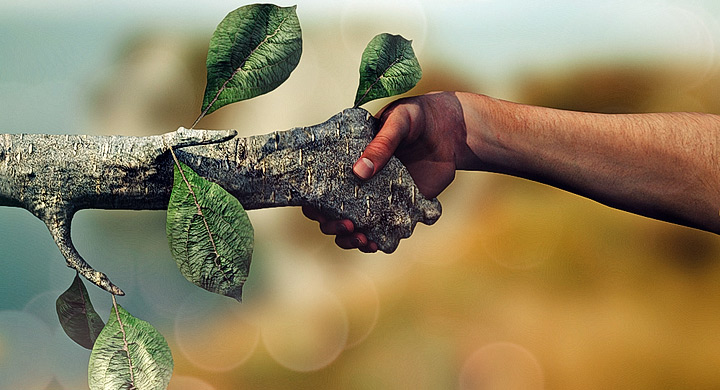Basque ethnography at a glance
Major issues have arisen in the modern capitalist society and steadily infiltrate every aspect of our lives. Efficiency, sustainability and resource preservation have indeed become the mantras of our time. They are our great new and ever-present aspirations. Mere illusions that, by definition, are altogether incompatible with the logic of capitalism itself. Strictly speaking, an efficient system generates no waste, which is not a matter of course in the world in which we live, and sustainable development is a contradiction in terms, because a continuous flow of natural resources is clearly irreconcilable with an extractive economy.
Traditional rural homesteads were for decades characterised by their self-sufficiency. Our farms were a fine example of efficiency. Every resource was optimally used and reused. Animal manure served as fertiliser in the cultivated fields, and table scraps were in turn fed to domestic animals, the pig being a model case of how to make the best of what you have. Packaging was rare, and the available containers were highly valued. Oil cans, for instance, were reemployed to keep the ashes from the hearth, ashes that would again supplement the soil’s basic organic matter for a better crop. In contrast to the current concerns associated with soil erosion, loss of fertility and accumulation of pesticide residues, in the past the quality of farmland was measured by the number of generations that had worked it: the more, the better. Forests were the most vulnerable areas in the traditional agrosystem, specially with regard to timber extraction. Timber was needed for house-building purposes, construction of tools or as a fuel source. There were regulations and strategies for minimising environmental impact and preserving woodland, but above it all was a practical understanding and application of the concept of sustainability.
Let us not deceive ourselves. The good old days might not have been the best of days; still many lessons could be drawn from former times. With every passing year, we move further away from the ‘backward’ rural world of our ancestors. However, and paradoxically enough, ours is an urban and technological society that aims to reach what the often derided rural folks did achieve without so much fuss.
Luis Manuel Peña – Ethnography Department – Labayru Fundazioa
Translated by Jaione Bilbao – Language Department – Labayru Fundazioa
References for further information: Livestock Farming and Shepherding, part of the Ethnographic Atlas of the Basque Country collection. Agriculture in the Basque Country is the forthcoming volume.
Pictures taken from ecologiaverde.com and eiramedioambiente.es.



